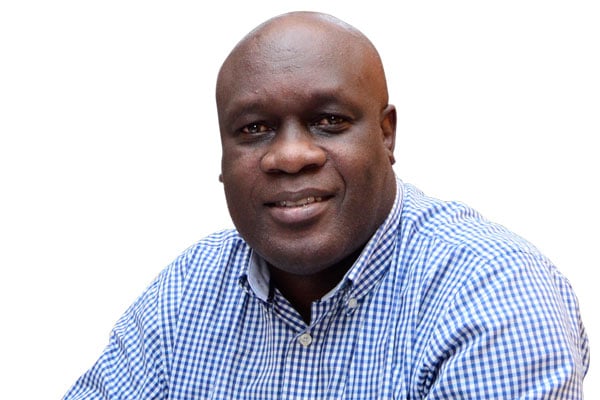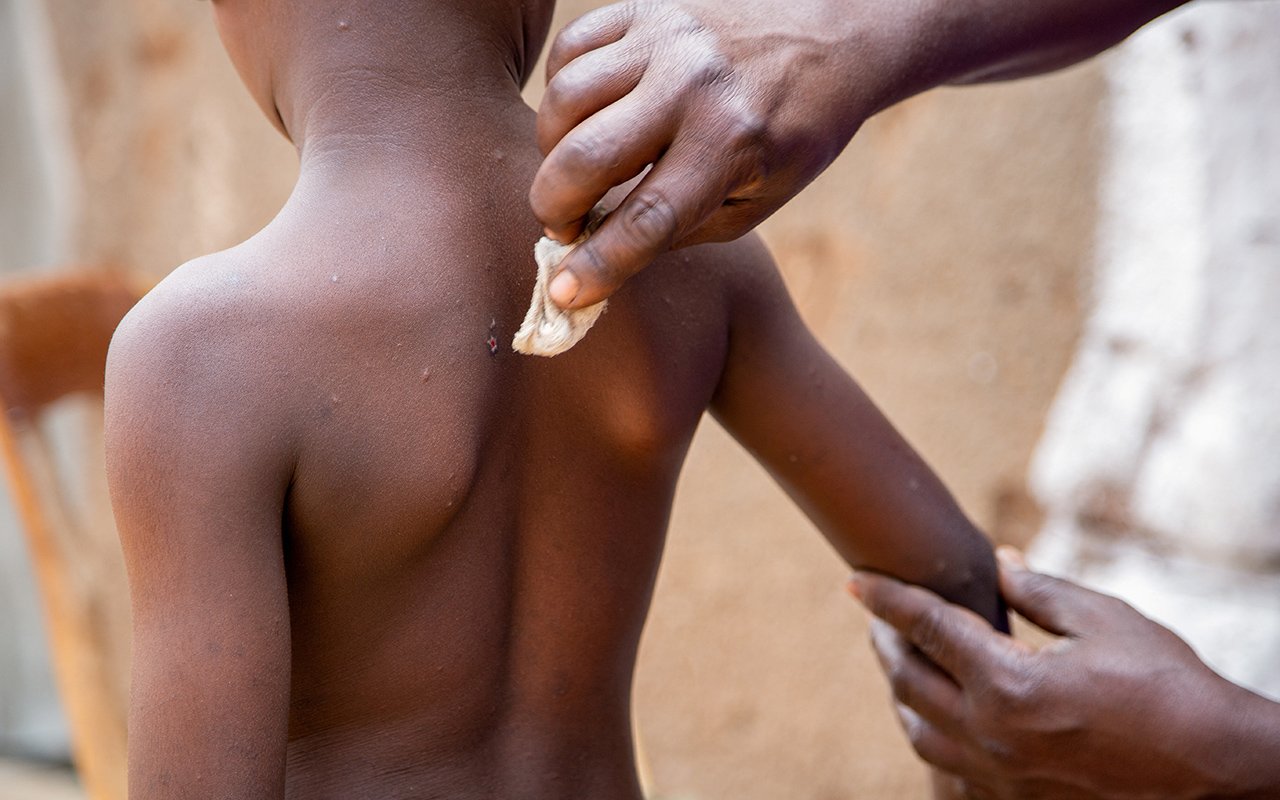Prime
When the media is a scapegoat, not mirror

Writer: Odoobo C. Bichachi. PHOTO/COURTESY
What you need to know:
- When irresponsible acts of governance persist, the media has a responsibility to cover them regardless of the impact on investors or tourists.
Last week, a coterie of government spokespersons assembled at the National Leadership Institute in Kyankwanzi to, among other things, talk at – and about the media; particularly “irresponsible media coverage”.
Irresponsible media coverage or journalism, it was claimed, is harming Uganda’s national economic interests by turning away investors and tourists, building bad perceptions about the country. As a result, “only 12 percent of the citizens are positive about the government and 78 percent of online messages are negative perceptions about Uganda”.
Without debating the truths and untruths of the above assertions, I wish to reflect on mainly two things – what amounts to irresponsible and responsible media coverage, and what the two are not. But first, a truism about media and society.
Generally, the media is a mirror of society. Perceptions about a government and/or a country are therefore a factor of the State and how it relates with the public. The media is merely a mirror and it depicts what and how society works.
Thus when the media covers rampant corruption, it is not creating the corruption; it is simply reflecting it. When it covers political violence, it is not creating it; it is simply reflecting it. Likewise when it covers development issues or projects, it is not driving development; it is reflecting development.
Now to irresponsible and responsible journalism. Irresponsible journalism is a broad brush that means many things. It means reporting falsehoods, distorting facts, reporting stories without a sense of taste, lack of rigour, biased reporting, disregard of journalism ethics and code of conduct, etc.
Does irresponsible media coverage harm society and individuals? Yes! It results in misinformation, disinformation and mal-information. Irresponsible reporting may result in defamation and slander against individuals or organisations, may create social unrest and attendant problems, may distort realities and perceptions, etc.
As for responsible journalism, it too can be painted with a broad brush. It is to report the truth, it is to stick to the facts, and it is to report with accuracy, fairness, balance, and context. It is to be sensitive and to minimize harm. It is to take responsibility for journalistic errors and to make amends.
It is to follow the journalism code of ethics. It is to report with empathy, especially for victims, minors and the underprivileged. It is to exercise rigour and dexterity in reporting. In Uganda, as anywhere else in the word, we do see from time to time a manifestation of both responsible and irresponsible media coverage. There are laws to punish irresponsible journalism through the courts, there are codes of ethics to guide journalists, and there are editorial policies to ensure quality journalism.
The market rewards responsible coverage through increased sales, audience growth and increased trust. The market also punishes irresponsible coverage by withdrawing patronage and ultimately business collapse. The Uganda media has been accused by the government as furthering irresponsible coverage in three broad areas: corruption, insecurity and political violence.
The media on the other hand believes, rightly so, that these are areas that affect the country and the quality of life of citizens so they deserve scrutiny and the spotlight from the watchdog. The government and media rarely agree on these matters. It is relieving to note that in trying to address the matter of bad publicity, the team at Kyankwanzi decided to look inward, rather than brandish the usual stick against the media.
They agreed as a way forward, to inter alia, “centralise government communications, ensuring that actions in one sector do not negatively affect the overall market and reputation” [of the country] and to have “…robust daily research, immediate responses to negative news, and sensitising public sector officials on the damage caused by irresponsible reporting.”
The cabinet will also reportedly have “monthly discussions about Uganda’s global perception and strategies to improve it.” It is unlikely these interventions will change anything much other than costing taxpayers' money and time because they don’t address the fundamental issue of responsible vs irresponsible governance.
When irresponsible acts of governance persist, the media has a responsibility to cover them regardless of the impact on investors or tourists. The State must therefore focus on fostering responsible governance rather than blame the media which is a mirror, not a scapegoat. Is it all good in the media? No! There is some irresponsible coverage.
Send your feedback/complaints to
[email protected] or
call/text on +256 776 500725. WhatsApp +256 752 500725



